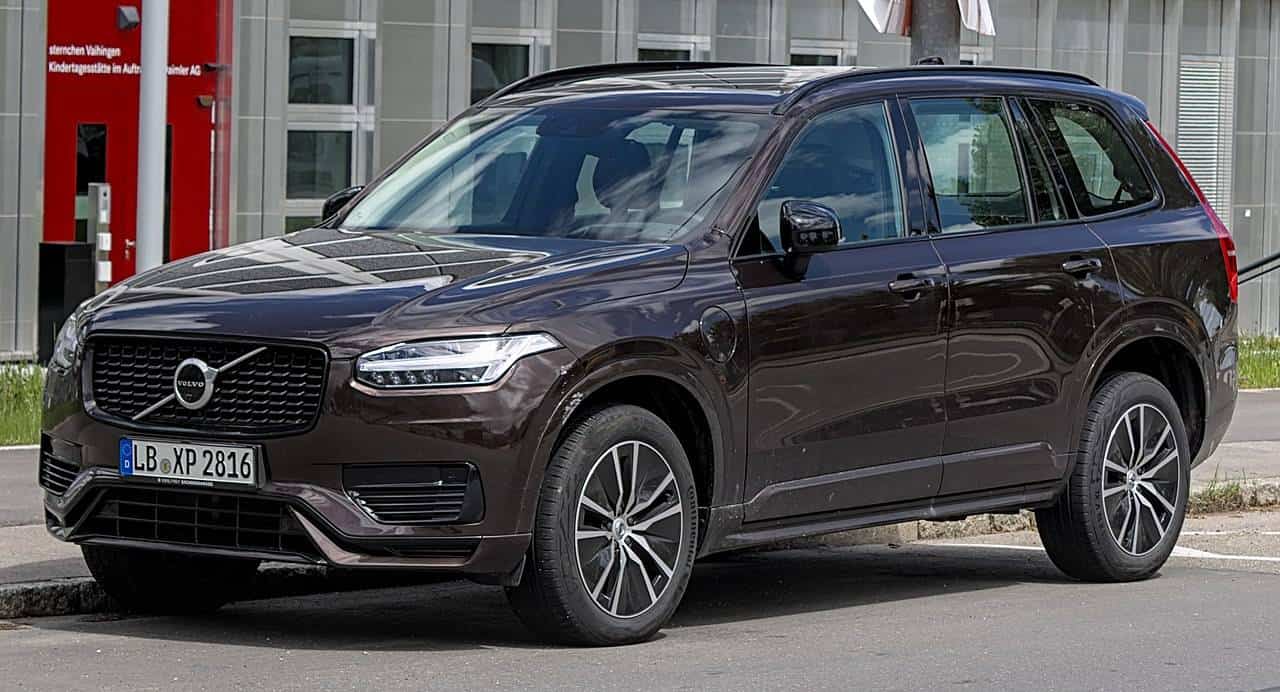STOCKHOLM, SWEDEN – Volvo Cars posted a drop in profits in the second quarter on Thursday, but the Swedish automaker forecast double-digit sales for the year despite high inflation and rising interest rates.
Volvo Cars, which is majority owned by Chinese automaker Geely, reported a net profit of 3.5 billion kronor ($342 million) in the second quarter compared to nine billion kronor in the same April-to-June period last year.
The drop was due to this year’s figures being compared to an earnings boost in 2022 from the stock listing of its electric car unit Polestar.
Volvo Cars is emerging from bottlenecks in supply chains that affected the auto sector after countries abandoned Covid restrictions.
But businesses around the world are now facing higher costs for raw materials in the wake of Russia’s invasion of Ukraine last year, which sent inflation soaring.
Central banks have been raising interest rates in efforts to cool consumer price increases.
Volvo Cars reported a 25 percent increase in retail sales, with 178,800 units sold in the second quarter.
“While rising interest rates in some of our largest markets put pressure on the consumer and the overall market, demand for our cars continues to be healthy,” chief executive Jim Rowan said in the earnings statement.
“Assuming there are no further unexpected supply chain disruptions, we expect a solid double-digit growth in retail sales for the full year,” Rowan said.
The company, which plans to ditch fossil fuel vehicles by 2030, said fully electric cars accounted for 16 percent of sales in the second quarters, more than doubling from last year.
Its profit margins for electric cars were “slightly impacted” by higher prices for lithium used to produce batteries, but the company expects lower costs this year.








